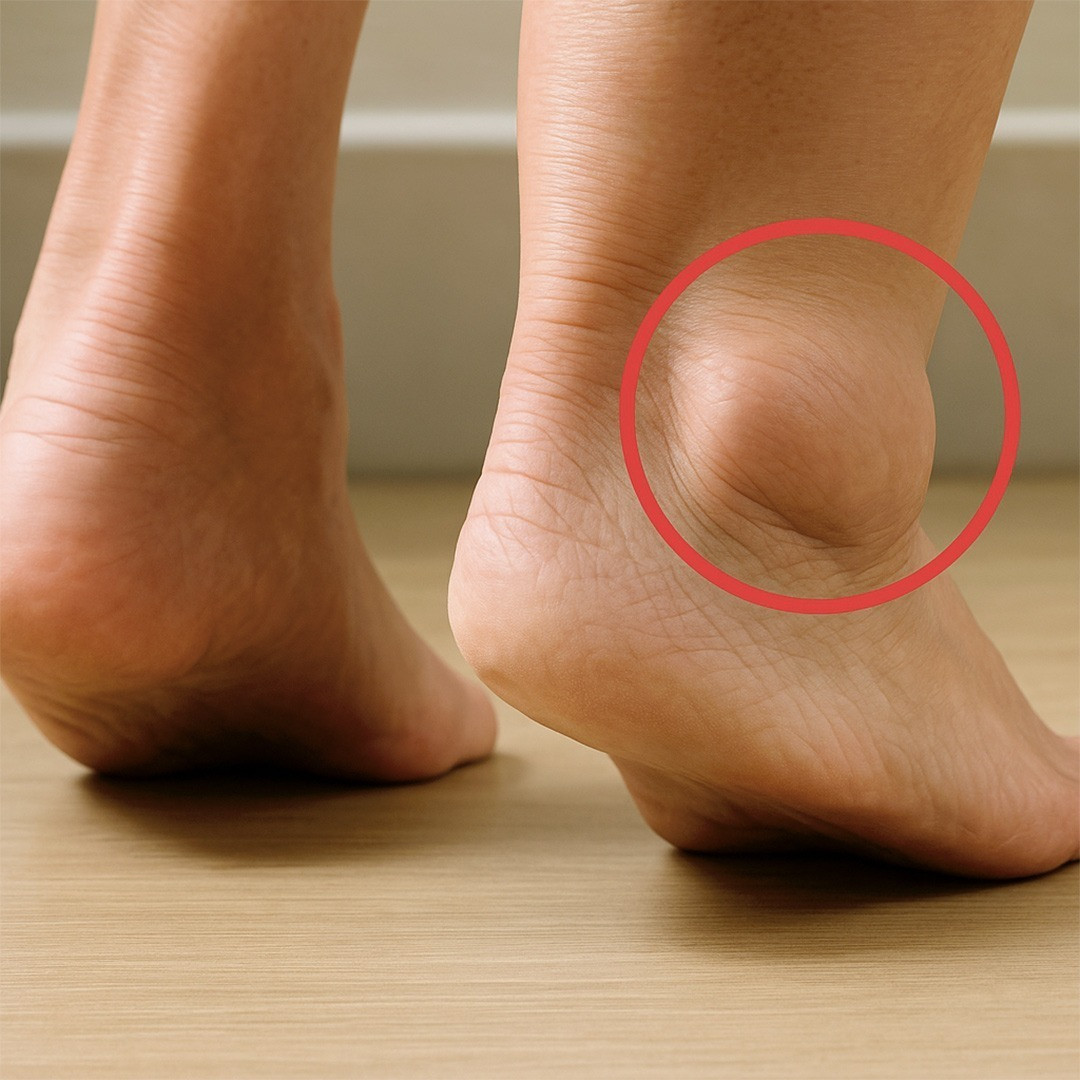ADVERTISEMENT
## Treatment Options for Swollen Legs
Treatment varies by cause but generally aims to reduce swelling, relieve discomfort, and treat underlying conditions.
### 1. Lifestyle and Home Remedies
#### Elevate Your Legs
Raising legs above heart level for 15-30 minutes several times daily helps fluid return to the heart.
#### Compression Stockings
These specially designed stockings apply pressure, improving venous return and reducing swelling.
#### Stay Active
Regular walking and leg exercises stimulate circulation.
#### Avoid Prolonged Standing/Sitting
Take breaks to move around and stretch.
#### Maintain Healthy Weight
Excess weight increases pressure on veins.
#### Limit Salt Intake
High salt causes water retention.
—
### 2. Medical Treatments
#### Diuretics
Medications that help eliminate excess fluid through urine, often prescribed in heart, liver, or kidney disease.
#### Treat Underlying Conditions
* Heart failure management
* Kidney disease care
* Venous insufficiency treatments (sclerotherapy, vein ablation)
* Blood clot treatment with anticoagulants
#### Surgery
In severe cases (e.g., advanced lymphedema, severe venous insufficiency), surgical interventions may be necessary.
—
### 3. Natural Remedies and Alternative Therapies
* **Massage:** Gentle massage to move fluid (consult doctor if DVT suspected).
* **Herbal supplements:** Horse chestnut and butcher’s broom may improve circulation.
* **Hydrotherapy:** Alternating hot and cold water baths stimulate blood flow.
—
## Preventing Swollen Legs
* Stay hydrated.
* Wear compression socks if prone.
* Avoid tight clothing around legs.
* Elevate legs during rest.
* Exercise regularly.
* Avoid high salt diets.
* Manage chronic health conditions proactively.
—
## When to See a Doctor
Seek immediate medical help if swelling:
* Develops suddenly and is painful.
* Is accompanied by chest pain or shortness of breath.
* Occurs with redness, warmth, or fever.
* Is unilateral and severe (possible blood clot).
* Persists despite home treatment.
—
## Conclusion
Swollen legs, while common, should never be ignored—especially if persistent or accompanied by other symptoms. Early diagnosis and treatment can prevent serious complications and improve quality of life. Whether caused by simple fluid retention or a more serious illness, a combination of lifestyle adjustments, medical care, and sometimes natural remedies can bring relief and restore comfort.
If you experience swollen legs, consult a healthcare professional to determine the cause and appropriate treatment. With proper care and attention, you can manage leg swelling effectively and maintain healthy, active legs.
—
Would you like me to include detailed sections on specific treatment regimens, personal testimonials, or case studies? Just let me know!
